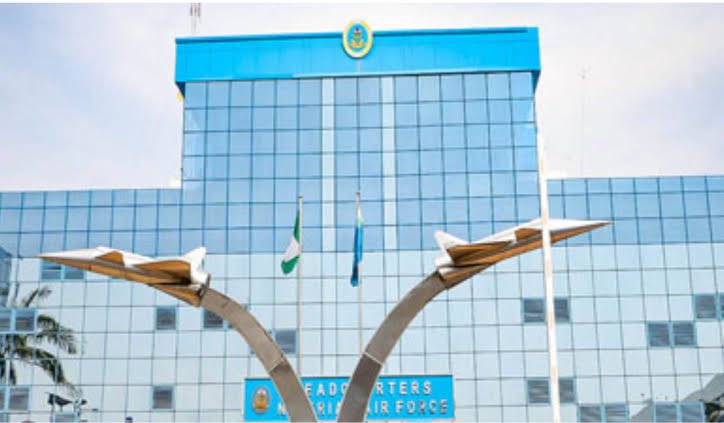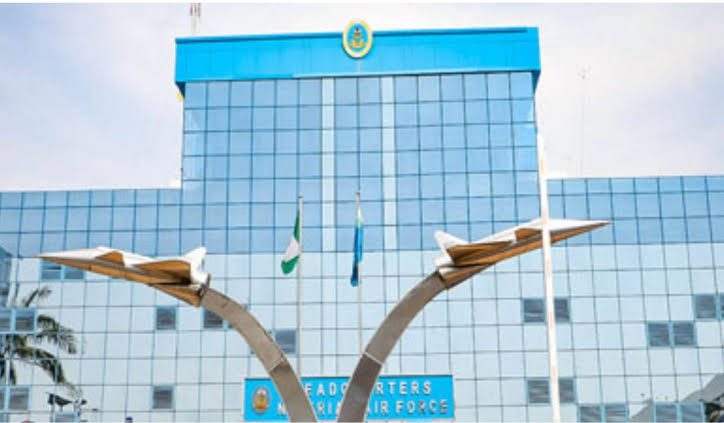The Nigerian Air Force (NAF) may in the near future set-up it’s own cyber warfare operations unit to combat cyber threats within its sphere of influence.


Today, cyber warfare has left the pages of science fiction to becoming a reality, and more than ever before, the threat of hacking has gone beyond mere nuisance vandalism, criminal profiteering, and even espionage to include actual disruption that was once possible to accomplish only with military attacks and terroristic sabotage.
As the threat of cyberwar looms over the future of conventional warfare across the globe, and as strategic doctrines have shifted to include cyber warfare as a key component of national defense, the NAF may be considering it’s own position in the nearest future.
From the Nigerian Air Force quarterly publication; The Air Man magazine, Air Commodore Edward Gabkwet in his report titled; NAF Doctrines Take Shape’ explained that;
“Drawing from the NAF’s definition of air power, which includes the ability to project military power or influence through the control and exploitation of air, space and cyberspace to achieve strategic, operational and tactical objectives…”
In projecting into the future, Chief of Air Staff Air Marshal Oladayo Amao in a
paper titled, “Operational Insights, Current Capabilities and Future Priorities of the NAF” for the International Fighter Conference 2021 held in London, England, stated that he envisions a “NAF that is well equipped and postured to adequately contend with threats and challenges in a digital environment. He is also optimistic that the NAF of the future would seek additional capabilities that would allow it to engage adversaries in the digital and information environment…”
The CAS however explained that for these to be actualized, the NAF must immediately begin to improve on educational standards and enable creativity in the mindset of the airmen.
According to him, “We must deliberately keep pace with technology, albeit in a cost-effective manner, within the wider context of aerospace power. We must acquire capabilities to enable us operate in a digital environment, which state and non-state actors are likely to find more attractive.”
The aerial branch may follow the footstep of the Nigerian Army (NA) in establishing the cyber warfare command.
In 2018, the Nigerian Army established a cyber Warfare Command charged with the responsibility to monitor, defend and attack perceived cyber threats including conducting denial of service (DDoS) attacks on criminals, nation-states and terrorists.
In that regard, the Nigerian army acquired state of the art technical equipment, servers have been procured and experts from IBM are currently configuring them to meet the needs of the Nigerian Army to track monitor and carry out ‘Distributed Denial of Service’ to criminals, terrorist and subversive elements.
Commenting on the Nigerian Army Cyber Warfare Command, Frederick a member of the Nigerian Army Resource Centre said at the time that; “To all intent and purposes, military warfare and operation are becoming dependent on digital assets, thus the emergence of the cyberspace as the fifth dimension to military warfare after land, sea, air and space.”
He is of the opinion that like on the battle field, military equipment’s like armoured tanks, bomber aircraft and heavy artillery may no longer be the ultimate for victory in future war. The battle field is evolving to the cyberspace where strategy, keyboards, programs and gleaming computer screens will forms the ultimate wherewithal for victory in future war.







